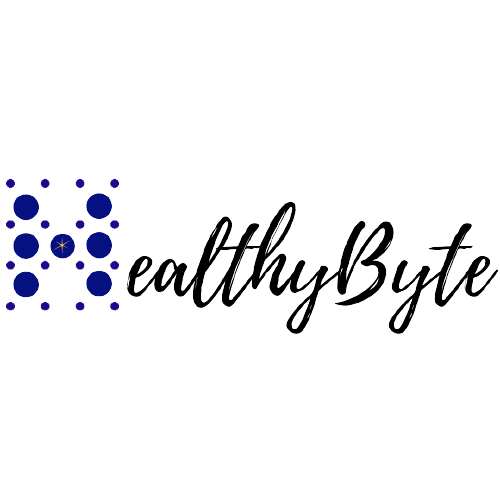Should online privacy be a necessity or an option?
Today's internet makes it possible to view, share and comment on any of your content by anyone, anywhere, and at any given point in time. The internet makes it possible for people from all walks of life to connect. But, with all its benefits, the internet has its flaws too. What was once an issue raised only for famous people has now become relevant to all of us. In a time and world where information is universally accessible, how do we control our online privacy?
The line between our online lives and our offline lives is very blurred these days. The privacy & control of who we are and how we want people to view us is slowly but steadily disappearing. Whenever you download an application to your device, we know that there's always an exchange of value. Nothing comes free in today's world, not offline nor online. Our information is collected, stored, and shared by companies whenever you sign up for these services or hit the "Accept "whenever you see a privacy policy while using these services. But no matter how in control you think you are off your privacy, you are not. Whenever you use your Gmail, Google has a record of it; when you sign up on Facebook for a new account, that account is owned by Facebook, not you, and apple knows the location of your phone.
But in reality, it's not these companies we should be afraid of, as they are established companies of, in other words, a "Source of Trust. "In contrast, we should be fearful that one company you've never heard of or that unknown entity is making anonymous threats on your social media account or that one application asking you for data that should be none of their business.
As Internet security experts say, online privacy is not so much what a person does online but more of who the person is and then what he or she does online. Who a person is, is categorized as Personally identifiable Information (PII), which includes name, address, date of birth, Social Security number, phone numbers, email, and other vital information. What people do online is defined by the searches they engage in when online. Apart from this, companies and governments also have access to private and sensitive information such as medical records, sexual orientation, and political views. Everything or activity you perform on the internet leaves behind traces that someone can use against you. Spurred by individual needs, people engage in all kinds of online searches, like news, work-related and personal research, vacation spots, different types of purchases, and social interactions. What is more, people hardly think that every search leaves an extensive digital paper trail of personal information. Given a context, your online information combined with your offline information can lead a threat actor to size a good portfolio about you.
Imagine a world where you have complete control of all your online and offline information because as we progress more and more, it will become even more difficult to disconnect the two into separate things. When you control your information, you can choose between the information you want to share and the information you choose to keep private. Today, why don't we have complete control over the information we provide to companies? The answer that comes to mind is because we haven't demanded it, nor did we have the urgency to care about it. Technology can only solve one part of the problem, which is to give us the best in class framework to protect and reserve our data from the people we choose to keep it private from, but it cannot change our behavior, action, and thinking; we need to do that.
Dr. Timothy A. Pychyl, Associate Professor of Psychology at Carleton University, said, "Making specific implementation intentions for action is effective, particularly in the form of the conditional' if . . . then.' For example, 'if I'm about to look up a term with a search engine, I will take five minutes and choose a private search tool.' This approach provides a clear cue for action, which makes it more likely that we'll remember our intention and act." We need to remember that there's a human behind every blog post, comment, tweet, troll, bot. It is also important to note that the products you use need to hold up to the privacy and control standards that you as a consumer who uses that service of the company wants. Always remember that someone can follow the breadcrumbs, which can lead them to you.

